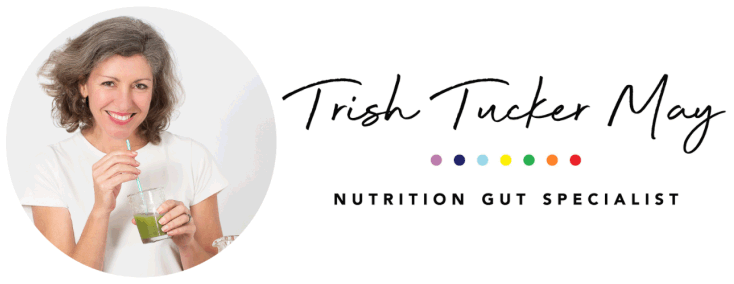If you are struggling with weight gain, poor memory, low libido, feeling tired all the time and brain fog it may well be due to your thyroid.
Your thyroid helps regulate metabolism, hair growth, body temperature and digestion. Your body contains a TSH (Thyroid Stimulating Hormone) The TSH comes from your brain and goes to your thyroid glands, signalling them to produce T4, your inactive thyroid hormone. The T4 travels within your tissues and your bloodstream until it gets converted into T3, which is your active thyroid hormone. T3 gets into your cells to reach your nuclear receptor to increase your metabolism.
Thyroid is a butterfly-shaped gland present in our neck which plays a huge role in the proper functioning of the body. It releases T4 (thyroxine) and T3 hormones which helps in maintaining heart rate, breathing, digestion and body temperature in the optimal range. Improper functioning of the thyroid can affect you in a number of ways.
The vitamins that are found to be most deficient among clients who suffer from any thyroid disorder, are vitamins B12, D, A, B2, and C, and the most important of these is vitamin D. Its anti-inflammatory properties help the flexibility of the immune system and are critical in helping insulin resistance. Vitamin A is essential for eyesight but also is important in the production of TSH and the conversion from T4 to T3. Vitamin A is very important for the entire metabolic process. Deficiencies in vitamin B suppresses the functioning of your thyroid.
Eating a diet that includes foods rich in calcium and vitamin D supports the thyroid and your liver.
Foods that can help include saffron, bananas, baked fish, seaweed and fresh seafood.
Around 1,000 mg of calcium a day will reduce risk of brittle bones. The best way to eat 1,000 mg calcium is by consuming seaweed and leafy greens. It is a common misunderstanding that dairy is a rich source of calcium. Many of us are allergic or prefer not to consume too much dairy because of the increase in mucus. Eating more white beans, salmon, dried figs, bok choy, black eyed peas, tofu, oatmeal and fresh pressed fruit juices are all good ways to increase calcium in your diet.
Other foods high in calcium include spirulina, barley grass, kombu, kelp, sardines, almonds, parsley, brazil nuts, kale, sunflower seeds and quinoa. Magnesium rich foods are also necessary to help absorb calcium into your bones. Foods that are an excellent source of magnesium include dried seaweeds, soy, mung, black and lima beans, whole grains like buckwheat, corn, millet, barley, rye and rice, almonds, cashews, sesame seeds, spirulina and wheatgrass. Osteoporosis can be serious, so introduce calcium rich foods well before perimenopause.
So how do you know how your thyroid is performing?
If you are struggling with FATIGUE, DEPRESSION, LOW LIBIDO, POOR MEMORY or BRAIN FOG, WEIGHT GAIN or INABILITY TO LOSE WEIGHT, CONSTIPATION, HAIR LOSS or THINNING HAIR or EYEBROWS, COLD EXTREMITIES, and LOW STAMINA are common signs and symptoms of inadequate thyroid function.
Thyroid hormone supports serotonin function, and serotonin contributes to the release of pituitary TSH. Thus, low serotonin can be a compounding factor in hypothyroidism. High levels of GABA may have an inhibitory effect on thyroid function. Excess cortisol negatively effects thyroid homeostasis in at least four different ways.
With relation to the sex hormones, estrogen elevates thyroid binding globulin, which decreases the amount of free thyroid hormone available – thus inhibiting overall thyroid function.
Progesterone and testosterone are associated with improving thyroid function.
You may benefit from a sex hormone evaluation and possibly body identical hormone replacement to optimize thyroid function.
A comprehensive thyroid panel is suggested for all of my clients struggling with these symptoms.
Get in touch if you want to test. Functional medicine tests are a thorough way to get to the root cause of your symptoms.
KEY NUTRIENTS
- Multi with B’s, iodine, selenium and zinc (& possibly iron if needed)
- Vitamin C – 500mg – 3000mg per day (split dose)
- Vitamin D
- Magnesium – 200 – 400mg per day
If you would like me to review your current supplement regime, please get in touch. Book a call here
Link to podcast here











